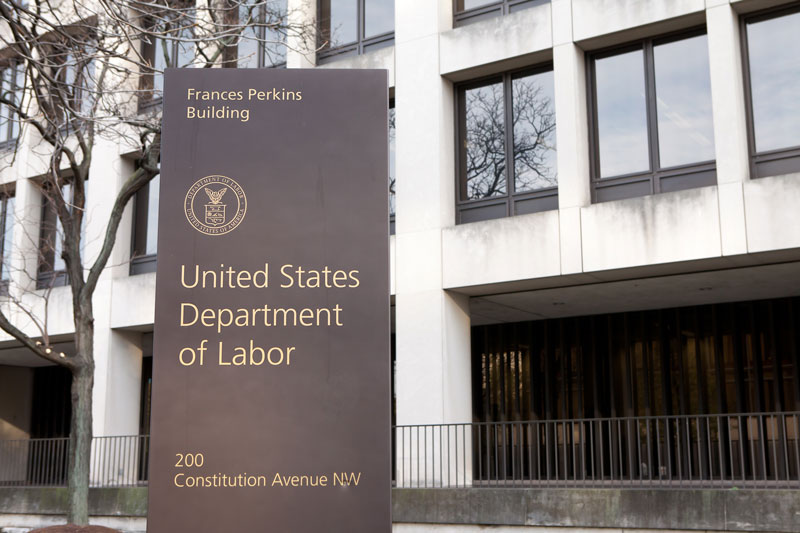Washington and many states are increasing oversight and investigation into employee misclassification – predominantly employees being paid inappropriately on a salaried basis. For years, PCS has encouraged our colleagues to weigh the significant consequences of paying employees on a salaried basis who do not qualify for this status under the FLSA tests – both the salary and duties test.
The Salary Test states no employee can be classified as a salaried worker unless they are paid a threshold amount of money. That threshold was $35,568 a year but has not been adjusted for inflation in decades, despite previous attempts by Congress. The Department of Labor recently amended the law to raise the salary threshold to $58,656 (that is $1,128 a week or the hourly wage equivalent of $28.20 per hour). Any employee who makes less than this threshold may not be considered an exempt or salaried employee – in other words, exempt from overtime pay. The Salary Test will roll out in two phases:
- Effective July 1, 2024 – the Salary Threshold will increase to $43,898
- Effective January 1, 2025 – the Salary Threshold will increase to $58,656
The DOL amendment does not change the Duties Test. Even if the employee is paid the required minimum of $58,656 a year, they must also pass one of the three Duties Tests. Associate doctors and other “licensed” individuals are exempt under the Professional Exemption. Otherwise, the Executive Exemption and Administrative Exemption require that the employee in question must spend the majority of their time running business operations and employee oversight – mainly using independent judgment and authority. While this can apply to some large practices, achieving the standards for these exemptions has a very high bar. A review of these details can be found in the PCS Human Resource Management Training. Also, be aware some states have misclassification laws more stringent than FLSA and with unique penalties.
The DOL states that with the new salary threshold will also come increased scrutiny over employers to ensure employees are paid correctly. Companies will no longer be able to give “give fake titles to low-ranking workers like “grooming manager” … in order to make them appear like managers.” The new rule stipulates that only “bona fide” executive, administrative or professional employees are exempt from the expanded OT rule. The consequences of employee misclassification can be very severe.
As with most regulatory rulings, this amendment is likely to be challenged in court. The current landscape in Washington and the courts would strongly favor support of the new regulations but only time will tell.

